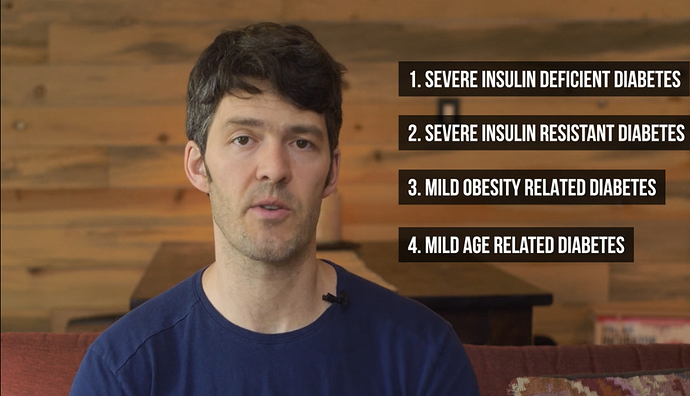Report in the link
Lots of pages!
https://www.dietaryguidelines.gov/2020-advisory-committee-report
As a reminder, USDA and HHS will consider the Advisory Committee’s Scientific Report, along with public and agency comments, as the Departments develop the 2020-2025 Dietary Guidelines for Americans
The United States Departments of Agriculture and Health and Human Services thank the 2020 Dietary Guidelines Advisory Committee for its independent scientific review on nutrition and health and for submitting the Scientific Report of the 2020 Dietary Guidelines Advisory Committee to the Secretaries of USDA and HHS. The public is encouraged to submit comments to the Departments on the Scientific Report.
The first print of the Scientific Report of the 2020 Dietary Guidelines Advisory Committee is being provided to the public online. Use the links below to download the Scientific Report, in full or in part by section or chapter. The report will be formatted for publication and available in hard copy later this year. Online-only supplementary materials for data analysis, food pattern modeling, and NESR systematic reviews are also provided at the bottom of the page.


